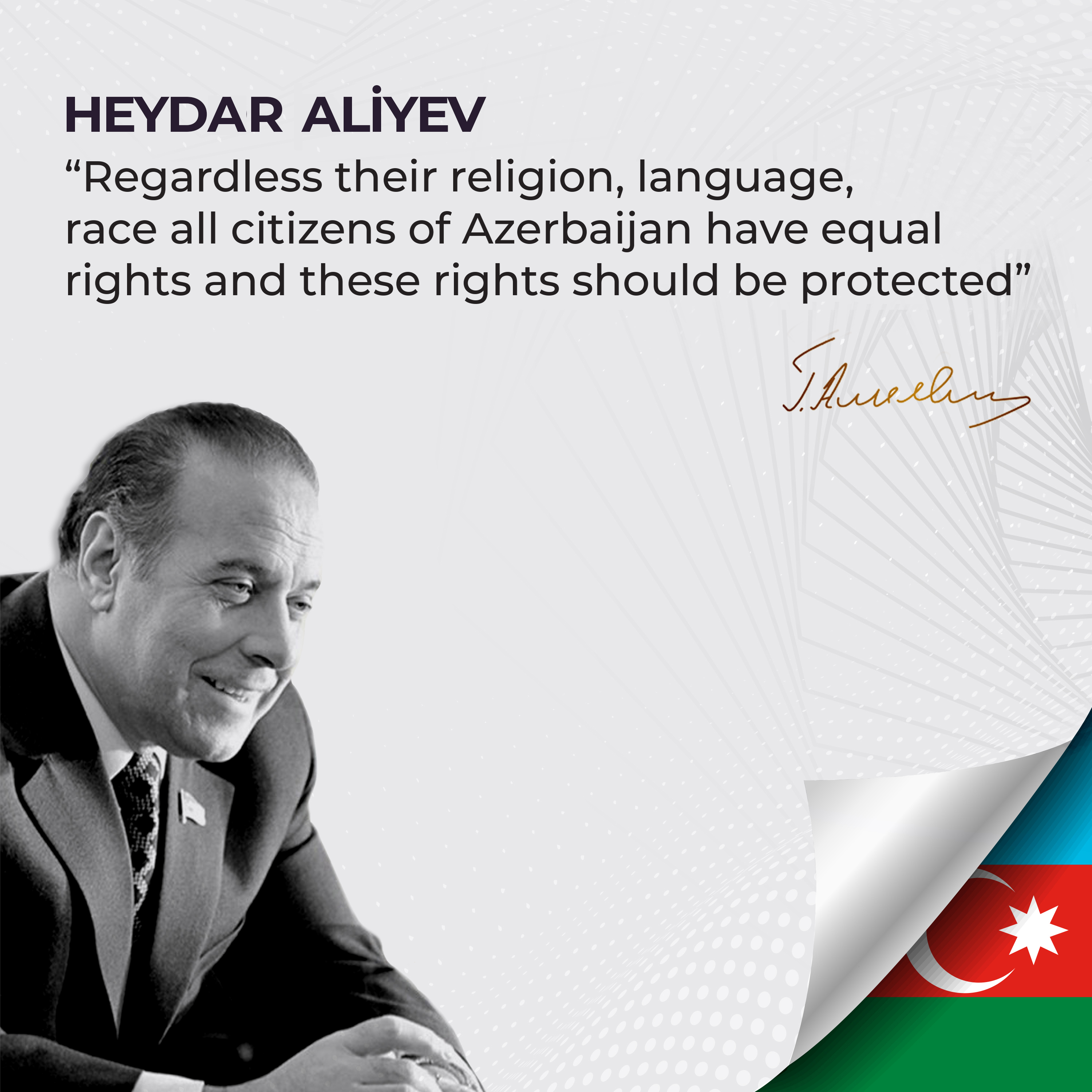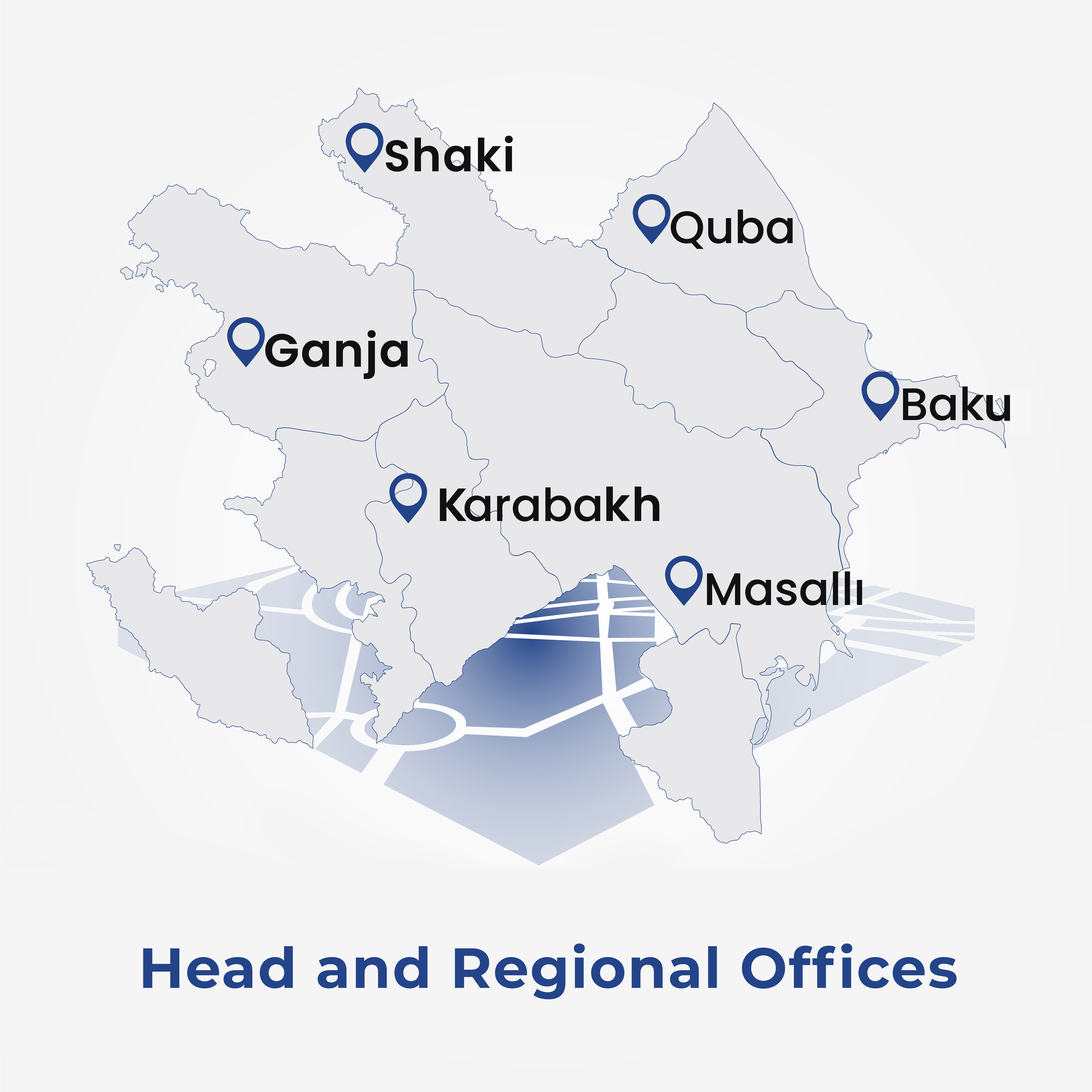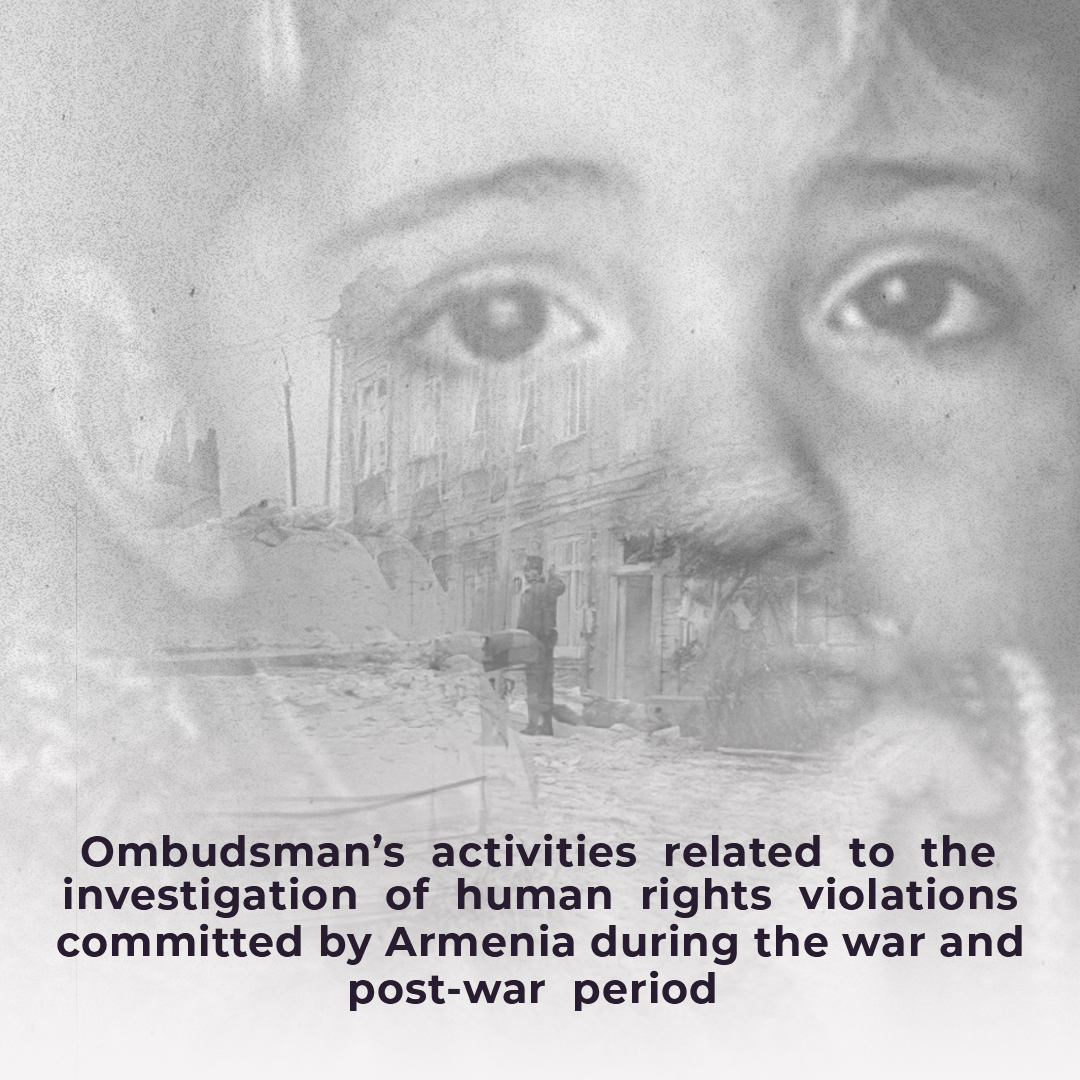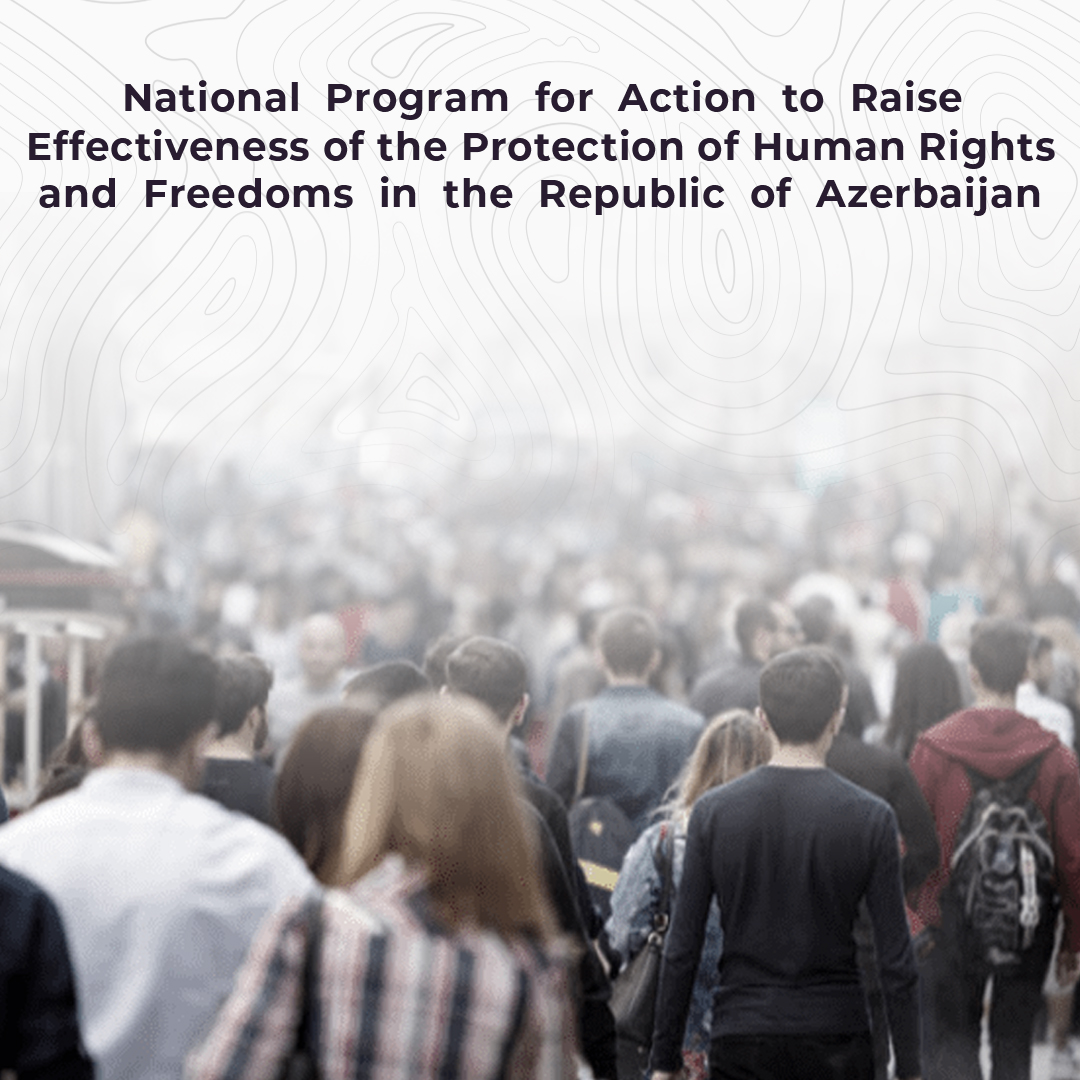
- Home page
- Commissioner
-
Activity Directions
- Mental Health and Human Rights
- Protection of the Rights of Population Groups
- Protection of the Right to Information
- Independent Monitoring Mechanism
- Legal Education
-
International Cooperation
- Cooperation with international organizations
- Cooperation with non-governmental organizations
- Study visits
- Projects
- Statements addressed to the international organizations
- “Ad hoc” reports
- Parallel and alternative reports submitted to the UN Treaty Bodies
- Oral and written statements submitted to the UN Human Rights Council
- Memorandums of cooperation
- Baku Declarations of Ombudspersons
- International Baku Forum
- Scientific Analytical Work
- Cooperation with Public and Civil Society Organizations
- Business and Human Rights
- National Preventive Mechanism Against Torture
- Protection of Human Rights
- Documents
- Media
- Live
- Contact
- Home page
- Commissioner
-
Activity Directions
- Mental Health and Human Rights
- Protection of the Rights of Population Groups
- Protection of the Right to Information
- Independent Monitoring Mechanism
- Legal Education
-
International Cooperation
- Cooperation with international organizations
- Cooperation with non-governmental organizations
- Study visits
- Projects
- Statements addressed to the international organizations
- “Ad hoc” reports
- Parallel and alternative reports submitted to the UN Treaty Bodies
- Oral and written statements submitted to the UN Human Rights Council
- Memorandums of cooperation
- Baku Declarations of Ombudspersons
- International Baku Forum
- Scientific Analytical Work
- Cooperation with Public and Civil Society Organizations
- Business and Human Rights
- National Preventive Mechanism Against Torture
- Protection of Human Rights
- Documents
- Media
- Live
- Contact
Call center
916
APPEAL by the Commissioner for Human Rights (Ombudsman) of the Republic of Azerbaijan in connection with November 30 - the Day of Remembrance for all Victims of Chemical Warfare
The international community annually mark 30 November as the Day of Remembrance for all Victims of Chemical Warfare. This day has been established at the 20th Session of the Conference of the State Parties to the 1992 Convention on the Prohibition of the Development, Production, Stockpiling and Use of Chemical Weapons and on their Destruction (the Chemical Weapons Convention or CWC), held in the Hague, Netherlands, on November 30, 2015.
The purpose of this commemoration day is to pay tribute to the victims of chemical warfare, to reaffirm the commitments of the Organization for the Prohibition of Chemical Weapons (OPCW) to the elimination of the threat of chemical weapons and thereby, promoting the goals of peace, security and multilateralism.
Azerbaijan is one of the first states that ratified the Chemical Weapons Convention, absolutely prohibiting the use of chemical weapons and developing the appropriate control mechanism, on November 9, 1999, under the Law adopted by the Parliament. Hence our state became a full member of the OPCW founded on 29 April 1997. In Azerbaijan, on May 8, 2020, the domestic Law on the Prohibition of the Developing, Production, Stockpiling and Use of Chemical Weapons and on their Destruction was adopted. The noted Law, which ensures peace and security of mankind, national security of Azerbaijan, protection of environmental security and prevention of ecological imbalance, provides a comprehensive definition of chemical weapon as a weapon of mass destruction based on the toxic properties of substances.
Azerbaijan closely cooperates with other states, their relevant bodies, as well as international organizations preventing chemical weapons in the field of prohibition of chemical weapons as per international treaties to which it is a party.
This must be noted with regret that since September 27, 2020, the Armenian armed forces have continued their war crimes, crimes against peace and humanity by intensively targeting densely populated areas, social, cultural and strategic objects of Azerbaijan using prohibited weapons.
Firing at civilians objects located far beyond the zone of active hostilities and civilians, who are non-combatants and do not take any part in hostilities, killing of numerous peaceful citizens, including children and women, shelling of historical, cultural and religious monuments, cemeteries from the operative and tactical missile systems and heavy artillery are non-exhaustive list of alleged crimes committed by Armenia.
During the 44 days of warfare occurred due to another military aggression of Armenia against Azerbaijan, the military forces of Armenia repeatedly used the weapons with chemical elements of phosphorus against the civilians of Azerbaijan.
During the search operations carried out by the special mobile operation groups of the Azerbaijan National Agency for Mine Action (ANAMA), they found white phosphorus (P-4) munitions used by Armenian military against civilians and civilian objects, although prohibited by international humanitarian law norms and principles.
White phosphorus, a yellowish-white crystalline substance considered the most toxic type of phosphorus-containing chemical weapon, oxidizes in the dark with a bluish glow and ignites under normal conditions when crushed. During a fire caused by the combination of white phosphorus with atmospheric oxygen, the temperature exceeds +1000°C degrees. The danger posed by phosphorous bombs with a range of 200-400 meters at the time of the explosion is not limited to that area but can also spread through water and air and adversely affect other countries.
It is well known that international legal documents serve out important mechanism for the protection of human rights in armed conflicts. However, the aggressor, Armenian Government, in gross violation of international documents directly relative to the protection of civilians in armed conflicts, has used prohibited munitions, including chemical weapons against Azerbaijan.
And finally, this means that the Armenian Government severely violates its international obligations following from the CWC, moreover, from the IV Hague Convention on respecting the Laws and Customs of War on Land, IV Geneva Convention relative to the Protection of Civilian Persons in Time of War and Additional Protocol I to Geneva Conventions, Hague Convention for the Protection of Cultural Property in the Event of Armed Conflict and its Additional Protocol, thereto, Declaration on the Protection of Women and Children in Emergency and Armed Conflict, the Convention on the Prohibition of Military or Any Other Hostile Use of Environmental Modification Techniques, Convention on the Right of the Child and other international agreements protecting humanity.
Based on the facts noted above, on November 30, the Day of Remembrance for all Victims of Chemical Warfare, we call on international organizations, including those working in the field of prohibiting chemical weapons to take measures to establish international legal responsibility for Armenia that has committed mass crimes against the civilian population of Azerbaijan and war crimes using widely prohibited chemical weapons.
Sabina Aliyeva
The Commissioner for Human Rights (Ombudsman)
of the Republic of Azerbaijan
November 30, 2020
This Appeal is addressed to the UN Secretary-General, UN Security Council, UN Office of High Commissioner for Human Rights, UN Office of High Commissioner for Refugees, UN Human Rights Council, the United Nations Children’s Fund, the United Nations Educational, Scientific and Cultural Organization, European Union, Council of Europe, Organization for Security and Co-operation in Europe, International and European Ombudsman Institutions, Asian Ombudsman Association, Organization of Islamic Cooperation and the Ombudsman Association of its member states, Independent Permanent Human Rights Commission of the Organization of Islamic Cooperation, European Network of Ombudspersons for Children, International Peace Bureau, Organization for the Prohibition of Chemical Weapons, different ombudsmen and national human rights institutions, embassies of the Republic of Azerbaijan in foreign countries and the foreign embassies in Azerbaijan, the Azerbaijani Diasporas.
- National preventive mechanism against torture
- Protection of the rights of population groups
- Protection of the rights of refugees, IDPs and migrants
- Protection of the rights of detainees and prisoners
- Protection of the rights of military servants
- Protection of women's rights and provision of gender equality
- Protection of child rights
- General
- Legal awareness
- Protection of the rights of older people
- Protection of the rights of persons with disabilities
- Cooperation with public and civil society
- National preventive mechanism against torture
- International cooperation
- Non-Governmental Organizations
- Public hearings
- Mass media
- Business and Human Rights
- Protection of the rights of martyrs' families and war veterans
- Protection of the rights of migrants
- Prevention of discrimination and ensuring equality
- Right to information
- Mental health
- .
-

- The Ombudsman participated in the International Conference on “Artificial Intelligence and Human Rights: Opportunities, Risks and Visions for a Better Future” in Qatar.
-

- The Ombudsman sent letter to UN High Commissioner for Refugees regarding protection of rights of persons deported from Armenia.
-

- A representative of the Ombudsman Office took part in an event organized by the Ministry of Energy.
-

- The Ombudsman’s representatives participated in the Pardon Decree Enforcement Ceremony.
-

- A series of legal awareness events were organized by the Ombudsman's Regional Centers.
-




